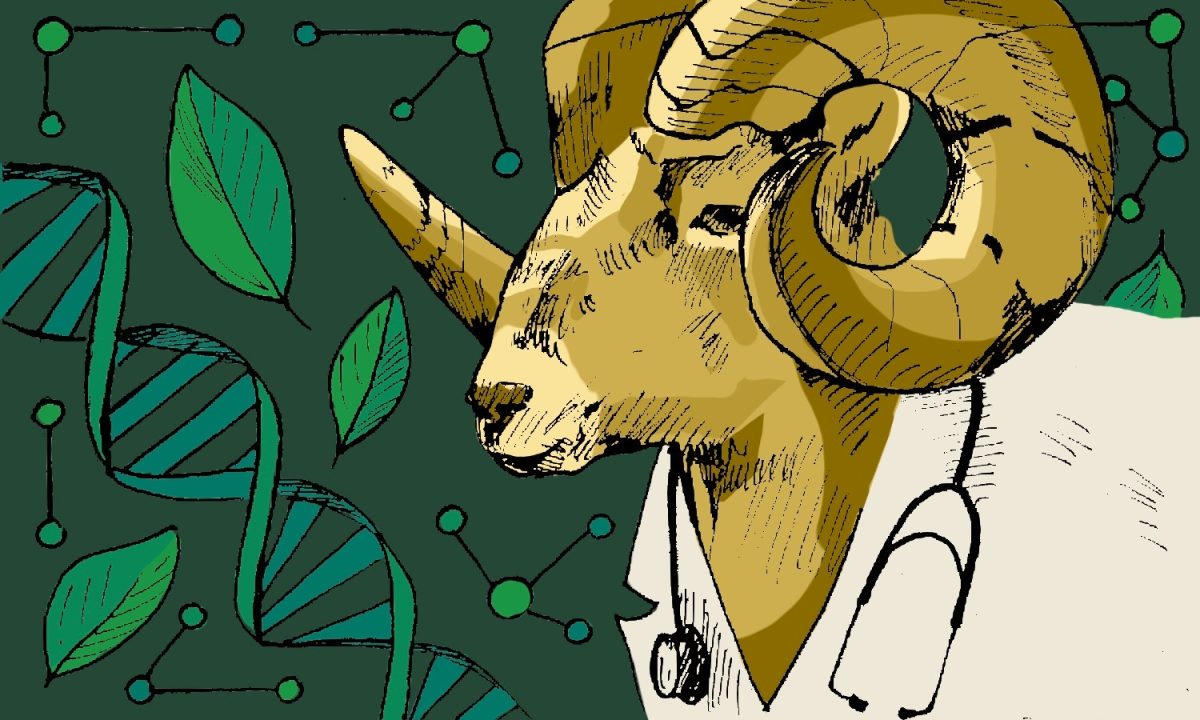MDMA-assisted psychotherapy has completed a series of clinical trials as effective treatment for post-traumatic stress disorder. The substance MDMA — colloquially known as ecstasy and molly — is now seeking Food and Drug Administration approval for clinical use in the U.S.
MDMA has had consistent clinical success in therapeutic trials for patients with moderate to severe PTSD. FDA approval for the therapy may be a slow process, but the recent cultural revival of the “psychedelic renaissance” has captured attention. Research gathered from around the world shows support for clinical applications of psychedelics such as MDMA, ketamine and psilocybin.
Psychedelic psychotherapy is offering a wave of hope for treatment-resistant and severe PTSD, as well as other mental health disorders such as addiction, anxiety and depression. Though not yet FDA-approved for treatment of mental health disorders, ketamine-assisted therapy is gaining acknowledgment for its efficient and long-lasting antidepressant properties, and psilocybin is not far behind.
“That ability with the classic psychedelics to get that long window of response or remission is a really remarkable feature — something that, of course, you wouldn’t get with chronic pharmacotherapy in psychiatry,” Robin Carhart-Harris said at the Multidisciplinary Association for Psychedelic Studies conference Psychedelic Science 2023, held in Denver June 21. “It’s suggestive that something fundamental about the way the human brain is organized is impacted by classic psychedelics.”
Receiving FDA approval for clinical treatment is an arduous task but essential for safely administering treatments in a controlled and regulated environment. Psychedelic treatments are specifically designed for certified medical providers to administer patient-specific doses at certain intervals and in a safe and comfortable environment, with psychotherapeutic guidance throughout the experience itself and afterward.
Psychedelic substances are extremely dangerous to use without expert medical guidance, and people with mental illnesses are at high risk of misuse and abuse of substances. The psychedelic community and MAPS have gathered resources to minimize risks and increase safe accessibility for anyone seeking treatment, support or community.
Colorado hosts many pioneers of psychedelic research, treatments and history, and Northern Colorado is no exception. The Colorado State University School of Social Work studies CBD and psychedelic-assisted therapies in partnership with community organizations and local nonprofits, and CSU also has a a psychedelic club.
The CSU Health Network provides 24/7 resources for anyone who might be struggling with mental health or substance abuse.
Reach Jenn Dawson at science@collegian.com or on Twitter @JennFriend_y.














